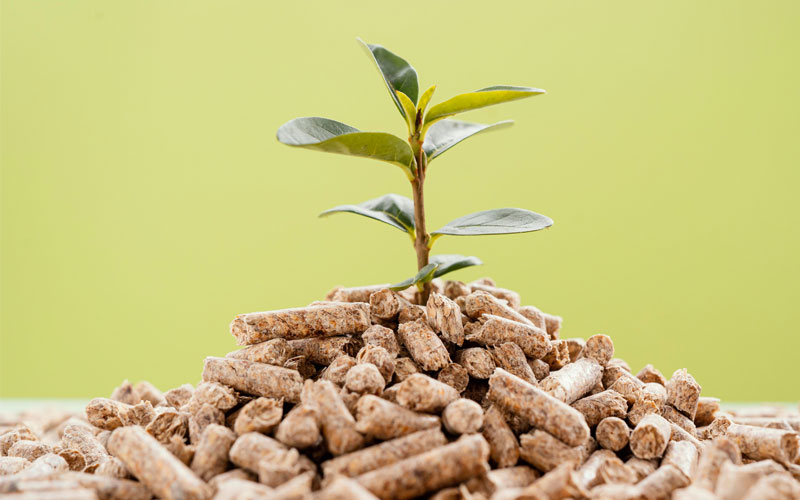Mr. Mahdi Vaezi, a US researcher, is collaborating with the Construction Management Institute of Maine to explore the possibility of the world’s first 10-mile biomass pipeline to transport woodchips in a slurry to a port in Maine. The project has received USD 650,000 four-year grant.
Jun 7, 2023

Mr. Mahdi Vaezi, an engineering technology professor at Northern Illinois University (NIU), US, is collaborating with the Construction Management Institute of Maine to explore the possibility of the world’s first biomass pipeline based in Maine. The project has received a four-year grant of USD 650,000 from the US Department of Agriculture (USDA).
The project shall test the feasibility of a 10-mile pipeline to supply woodchips in a slurry, mixed with water, to a commercial port in Eastport, Maine. The high cost of transporting biomass feedstock has hindered the expansion of biomass-based energy facilities. The study will encompass comprehensive technological and economic analyses, comparing the hydro-transportation of biomass through pipelines with alternative methods, such as trucks, trains, and ships, for short, medium, and long distances.
The success of the project will alleviate the logistical challenges of the port struggling to receive an adequate supply of woodchips due to transportation limitations. Mr. Vaezi stated, “A pipeline could eliminate the need for thousands of woodchip truckloads per year. Pipelining is regarded as a nearly emission-free process, effectively addressing environmental and social concerns linked to overland transportation.”
Mr. Vaezi emphasized, “Biomass feedstock ensures energy security. It is the only type of renewable energy that can be directly converted into biofuel. We anticipate that this innovative undertaking will establish pipelines as a technically feasible and economically viable means of transporting biomass feedstock on a large scale and over long distances at significantly lower costs compared to other modes of delivery, such as trucks, trains, and ships. This will position biomass-based energy facilities as formidable competitors to fossil fuel-based plants in terms of scalability and economic efficiency.”
Also Read: Germany & Italy Agree to Build 3,300-km Pipeline Able to Transport 4 Million TPA of Green Hydrogen
Furthermore, the biomass slurry can be heated to eliminate contaminants or infestation that may violate biomass shipping regulations. Once delivered, the biomass can be screened to recycle water and relocated to an open area, where it can be naturally or mechanically air-dried at minimal to no cost.
The NIU team will also investigate the economic and mechanical viability of pumping sawdust and wheat straw water mixtures through the pipeline.










